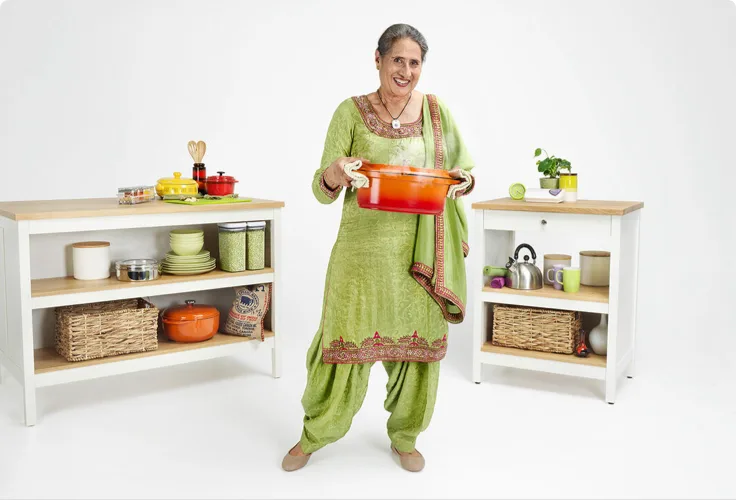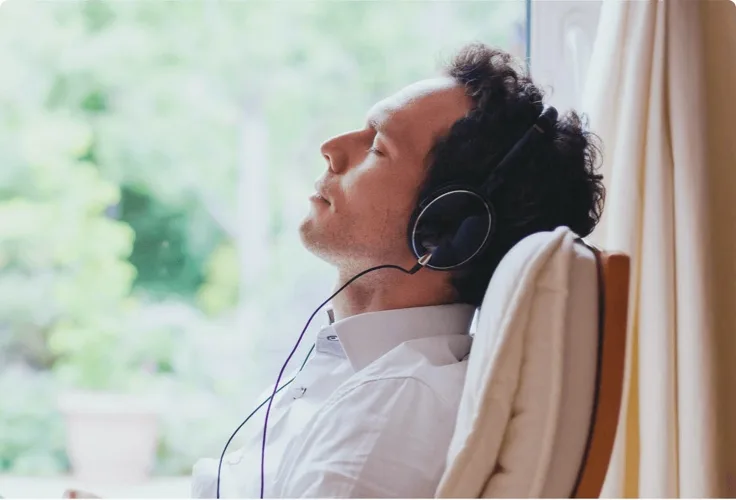Six tips to stay healthy during challenging times
COVID-19 · Mar 19, 2020
Going the Social Distance
Foolishly, I ventured to the grocery store recently. My house-bound mother needed her favorite Kirkland groceries. She’s a healthy 78-year old, but being in a high-risk group, if she were to get ill, I’ve asked her to keep away from grocery stores and anywhere else people congregate. As for the store, I left almost immediately because there were hundreds of people literally squished together in lineups outside. Only so many people could enter the store at once to maintain social distancing!
The concerned faces in the lines were a jarring reminder of what we are all facing: uncertainty and the anxiety that comes with feeling our lives are no longer under our control.
Many of us are now working from home and I expect before too long, we will not be able to go to Costco or pretty much anywhere else without some form of order being imposed on us by our provincial chief medical officers. I will welcome this order, because the disorder we’re currently living with is heightening anxiety and spreading the virus.
One essential piece of information we have learned: a significant percentage of infected people in Wuhan were infected by someone who wasn’t aware they were sick.
The key message here: everyone must behave as if they are carrying the virus. This is why social distancing for all is essential. If you need to be around people, please keep two metres apart. Wash your hands often with soap or at least 60% alcohol hand sanitizer for 20 seconds. Disinfect frequently-used hard surfaces.
As a mother of a 23- and 17-year old, it’s a very hard sell to keep them away from friends, especially when they’re not at school. This is essential to flatten the curve.
In the spirit of working from home and maintaining our social distance, below are a few tips to help us keep our sanity and perhaps even enjoy our time in relative isolation.
1. Maintain a routine
The science is clear: we all feel better, and function better, when we follow a routine. If you’re working from home, make sure you get up at the usual time, have a shower, eat breakfast, and start your work day as you normally would (if this is your normal routine). As a quick aside, if you’re not a breakfast eater, you should know that breakfast eaters on average maintain a lower body mass index (BMI) and are more productive, especially if the breakfast is high in protein! End your workday at the same time as usual and try to go to bed at your usual time as well.
2. Exercise
Exercise is a treatment for depression and anxiety. While you can’t yoga your way out of a very severe depression, you can certainly benefit psychologically and physically from exercise and it can help to prevent the development of depression. More good news: it doesn’t take much exercise to help your brain stay mentally fit: 30 minutes of mild- to moderate-intensity exercise five days a week is enough. No Lululemon outfit required. I’m not looking for a four-minute mile, but a brisk walk for 30 minutes is truly a pick-me up treatment for your mind and body.
3. Go outside
So long as you can keep your social distance (at least two metres (6.5 feet)), getting outside and walking or biking is an ideal way to exercise, but better yet, go hug a tree. Research shows that stress is a major threat to human health and that spending time in a greener environment appears to be an effective way to aid stress reduction.
The benefits of being in the great outdoors are abundant. Aside from reducing chronic stress, exposure to nature has been associated with a reduction in depression and anxiety as well as reducing physical illnesses, such as heart disease, cancer, and asthma.
4. Schedule fun time in your day
Make sure you do something you enjoy every single day. Whatever tickles your fancy – reading, baking, online shopping (note: be careful with that one!), macramé. Binge watching your new favourite on Netflix might be appealing initially, but that will get old pretty quickly and it won’t help your brain to really relax and reset.
5. Learn how to be more mindful
As someone who owns a brain that runs at full-speed and is rarely quiet, I fully understand those who believe they could never clear their mind. However, I also know from experience that mindfulness is a life skill and it can be learned.
I like to describe mindfulness as letting your worries in your front door and showing them out your back door, but not serving them tea.
Said another way, we all have worries and fears and what we’re navigating together is unprecedented. We need to accept that our emotions count, and be kind to ourselves. However, accepting them does not mean we need to spend all of our time on them. We let our thoughts in, accept them and then ask them to move on. Don’t sit in them (serve them tea), because the more time we worry, the more time we will worry. Our brain builds pathways for thoughts and behaviours we use the most, so if we are always worried, our brain will move us naturally to worry more often.
6. If in doubt, check it out
Please be very careful where you get your health information regarding COVID-19. Go to reputable sources, such as the Public Health Agency of Canada, your provincial medical officer or the World Health Organization. I have heard and seen ridiculous and unscientific information just about everywhere. If you hear something that sounds fishy, check it out on Canada’s public health resource. Please urge your family, friends and neighbours to do the same. A lack of accurate information is fertilizer for infectious diseases such as COVID-19.
Please take care of yourself during these stressful and uncertain times. Your family and your community need you to take leadership and help to “flatten the curve” of spread, so we are on the other side of this sooner than later.
Warm wishes,
Dr. Diane



